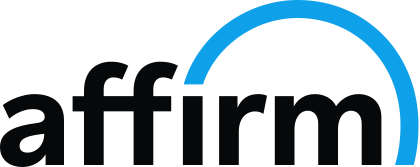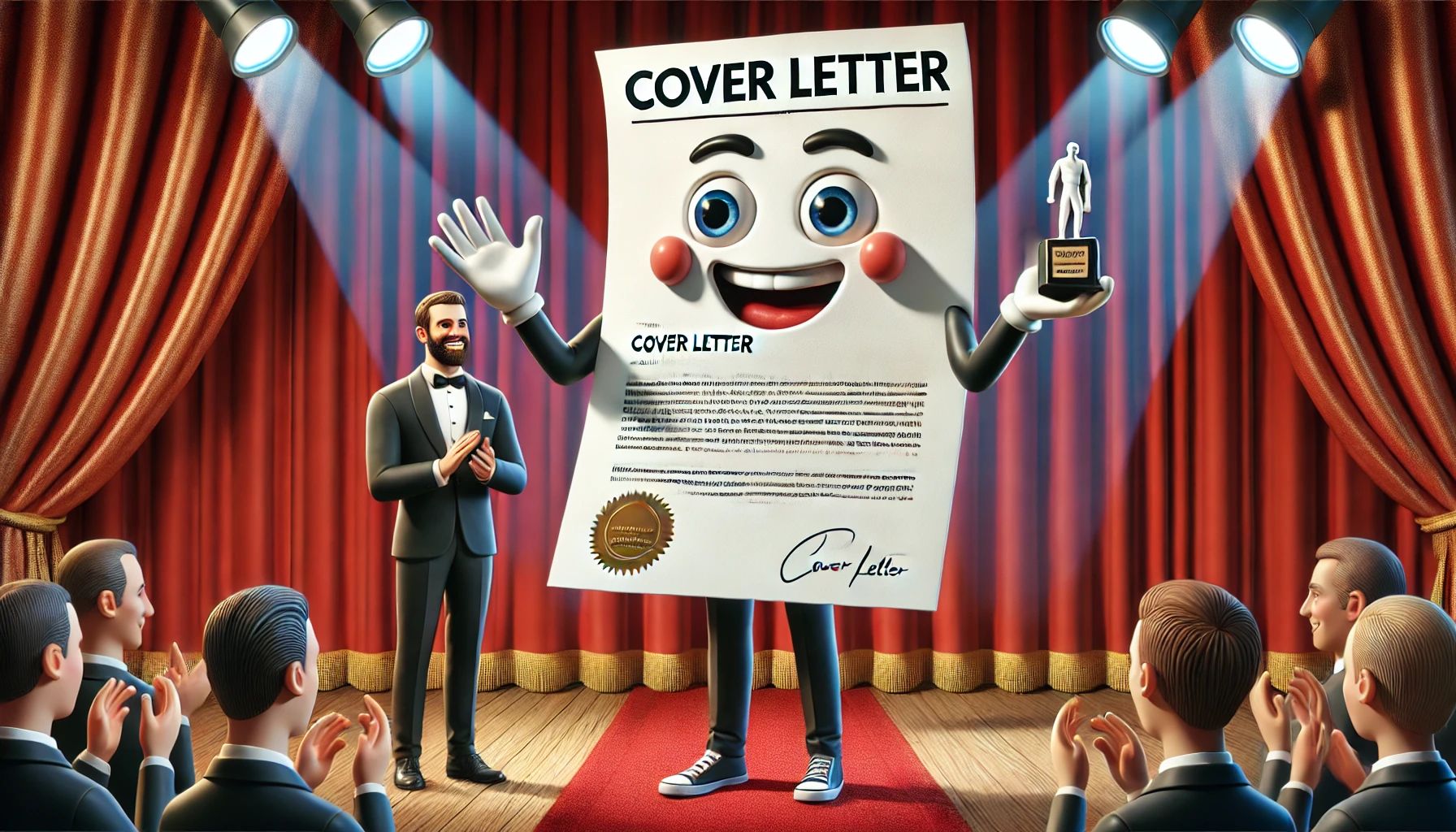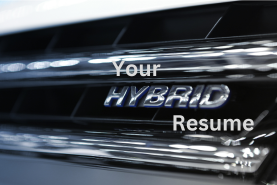Resume writing
Resume Help Tip #1: Building Resume for Positions Outside of Industry Experience
In a scenario where your resume only gets 10 seconds or so to impress the reader, you will want to be certain that the information absorbed in that period of time is as relevant as possible. If you are applying for positions where you are skill set may be relevant, but the industry where you applied your trade is not, then think twice about diving into the industry speak. For example, let’s say you have had a successful career as an insurance sales executive. But now, you are looking to make a move into health care equipment sales. In developing your resume, you will not want to burden your reader with language and metrics that are specific to the automobile industry. First, it takes your reader down a rabbit hole that will not aid in the decision making yes. Second, with such a short period of time to establish one’s image in the eye of the reader, you don’t want them viewing you as a fish out of water. In this example, you will want your resume to focus more on your ability to move inventory and build relationships. After all, regardless of the industry, these are qualities that any successful sales professional will need. Of course, there will be instances where you will need to include industry specifics in order to properly keep the information in its proper context. Just be sure to examine whether or not this is the case. The last thing you want is a distracted reader.
Resume Help Tip #2: Older Positions When Page Real Estate Is Limited
If you have had a successful 15 year career, there can be an awful lot to say. But in any resume, you must examine risk vs reward when considering what information to include. A position that was held 15 years ago that is either not relevant to the reader’s needs, or perhaps is relevant, but does not add anything that the more recent positions don’t already add, can be trimmed to save space. In this scenario, you have several options. Perhaps there are some strong highlights or impressive special projects performed in this position. Without going into the details of the daily duties, you can include a few of these. Perhaps you are near the desired two-page limit. If the rest of the resume is impressive enough details and notables, you can perhaps stripped disposition down to the bare essentials of job title, employer, location and date range. In fact, many times, going back only 10 years is acceptable, meaning such a position can be eliminated altogether. Condensing your resume can be tricky, but it can be done. can be tricky, but it can be done.
Resume Help Tip #3: Developing a Networking Resume
Not every resume is written for the purpose of landing a job or a promotion. Sometimes, a resume can have the goal of just introducing one’s self and starting a relationship. Beez networking resumes are not supposed to be very long or detailed. They should just provide a one-page skeletal outline of your experiences and qualifications. Its purpose is to give its reader simply a high level overview of you as a professional. In this situation, the reader is not looking to see “how the sausage is made”, so to speak. In a networking resume, all of the job descriptions and or highlights may be stripped from under the positions held. Perhaps you can consider including an accomplishment or highlights section to communicate some of your stronger contributions. But this is a case where detail is not the order of the day.
Remember, a good resume is a fluid resume. This means that the document should adapt to its situation. Some readers need more information than others. Be sure that before you submit your resume, you consider the environment and adapt it accordingly.













